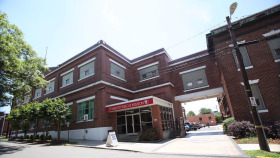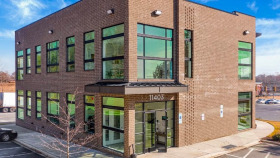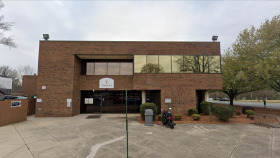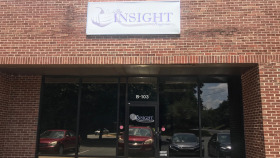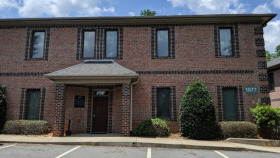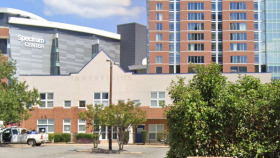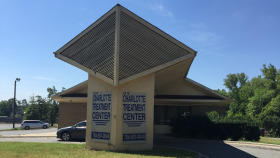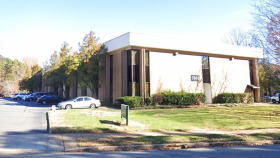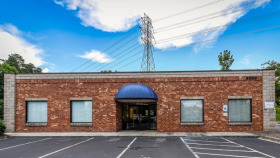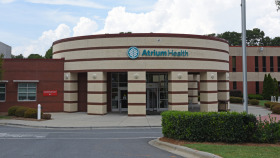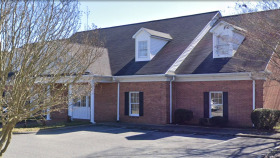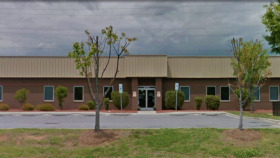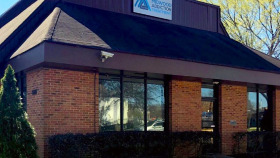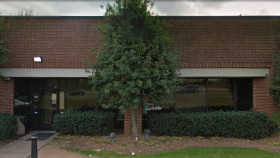Expert Insights
North Carolina Medicaid expansion looks like it will be passed into law soon, and many experts believe its passage is essential to overcoming the state’s opioid epidemic. But those same experts also agree that Medicaid expansion alone will not solve the problem. As I’ve said before, Southern states often have some of the highest rates of opioid abuse and addiction, while we have the lowest numbers of addiction treatment resources. North Carolina is no exception to that trend. Even in a metro area like Charlotte, licensed residential treatment centers, medical detox, and outpatient addiction services are few and far between. However, if NC lawmakers succeed in expanding health insurance for low-income residents, it could solve one problem while creating another: the state may very well find itself struggling to meet the demands of so many new Medicaid recipients in need of addiction treatment. Recognizing that addiction providers are already in short supply, North Carolina is taking another step that would accommodate Medicaid expansion by loosening the state’s “certificate of need” law that approves where hospitals, clinics, and health care facilities can be built. Lawmakers hope this will make it easier for addiction treatment providers to open throughout Charlotte and the state as a whole.
~ Nikki Seay
How Does Charlotte Compare in Alcohol and Drug Use?
The booming city of Charlotte is home to more than 915,000 residents. It’s the 15th largest city in the United States and ranked in the top 10 for livability, job availability, and urban forests. On average, about nine people died each day in North Carolina from drug overdoses in 2020, according to the state Department of Health and Human Services.There are more than 70 accredited alcohol and drug rehab centers in Charlotte and the surrounding area to combat this problem.
As with many other cities throughout the U.S., Charlotte is facing a public health crisis: many residents struggle with addiction to drugs and alcohol, known as substance use disorder.
North Carolina state alcohol and drug use statistics from 2019 include:
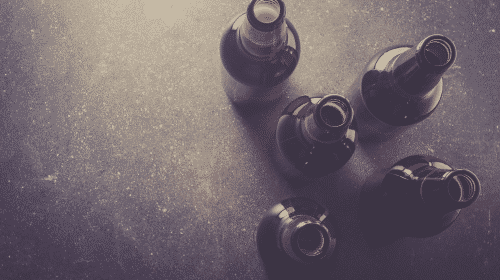
7% of residents ages 12 and older (405,000 people) were experiencing alcohol use disorder (AUD).

5% of residents ages 12 and older (562,000 people) were experiencing substance use disorder (SUD).

54,830 residents ages 12 and older enrolled in a substance use treatment program.
In the first three months of 2022 alone, 231 people visited the emergency room for opioid overdoses in the county. This shows the serious and growing problem of drug use, particularly opioids, in Charlotte and the surrounding area.
While statistics alone can’t tell the full story of the impact of a substance use disorder, many know first-hand how harmful drugs and alcohol can be to individuals, families, and their communities. Statistics do, however, tell us just how vital high-quality facilities are.
Alcohol and Drug Laws in Charlotte
In response to the growing number of people living with substance abuse disorder, North Carolina and the city of Charlotte have enacted various policies, laws, and social programs to help.
S.T.E.P. Program: Mecklenburg County’s Supervision, Treatment, Education, and Prevention (S.T.E.P.) program began in 1995. It aims to enhance and monitor the delivery of addiction services to certain individuals who have been charged with non-violent crimes. S.T.E.P. sends individuals to care, rather than jail, to break the cycle of addiction and reduce repeated law-breaking incidents. Participants are required to take part in drug screening or testing, court supervision, and drug and alcohol treatment.
Good Samaritan Overdose Prevention Law: North Carolina’s Good Samaritan Law protects people who call 911 if another person is having an overdose. The law states that people cannot be tried in court for possessing small amounts of drugs or drug paraphernalia if they have called for help for a suspected overdose. They will also be protected if they are currently on probation. The goal of this law is to ensure people are not too afraid to call for help when someone has overdosed, potentially saving lives.
Jessica Sosa Act: The Naloxone Access Law in North Carolina protects people who give naloxone to someone who is having an overdose. They are protected from a lawsuit for administering naloxone if they have given it for a suspected overdose.
Employee Protections for Addiction Treatment: The Family Medical Leave Act (FMLA) offers protection against being fired for getting addiction help throughout the United States. You may take up to 12 weeks of unpaid work to attend to health concerns without fear of losing your employment. Rehab qualifies as a medical reason to seek this leave.
Resources
- NCDHHS. (2022, March 21). North Carolina Reports 40% Increase in Overdose Deaths in 2020 Compared to 2019
- North Carolina Department of Health & Human Services. (2022). Opioid and substance use action plan data dashboard.
- North Carolina Injury & Violence Prevention Branch. (April 2022). Mecklenburg County.
- National Committee for Quality Assurance. (2022). NCQA health insurance plan ratings North Carolina.
- National Library of Medicine. (April 2022). Opiate and opioid withdrawal.
- Charlotte Regional Visitors Authority. (2022). Midtown.
- Mecklenburg County Government. (2022). T.E.P. program.


